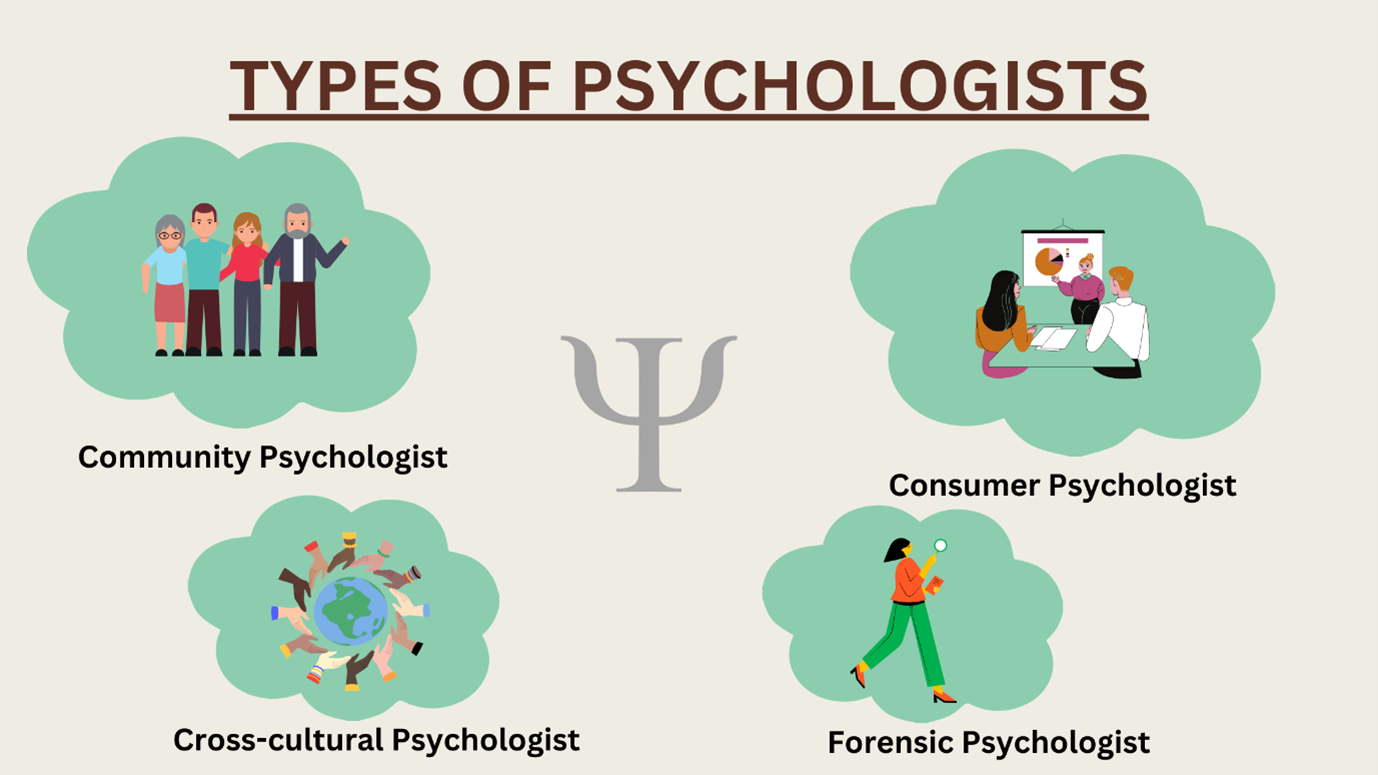How to Select the Best Psychologist in Delhi for Personalized Therapy
How to Select the Best Psychologist in Delhi for Personalized Therapy
Blog Article
Psych Therapy: A Comprehensive Overview to Outcomes and methods

Cognitive-Behavioral Treatment
Cognitive-Behavioral Therapy (CBT) is a commonly used psychotherapeutic method that concentrates on recognizing and customizing useless thinking and behavior patterns. Established in the 1960s by Aaron T. Beck, CBT combines cognitive and behavior concepts to deal with numerous mental wellness problems, consisting of anxiety, anxiousness, and stress-related conditions. The premise of CBT is that maladaptive thoughts add to emotional distress and maladaptive habits. By restructuring these thoughts, people can achieve considerable improvements in their psychological health and everyday performance.
Strategies such as cognitive restructuring, direct exposure therapy, and skill-building exercises are generally utilized. Cognitive restructuring involves difficult and modifying adverse thought patterns, while exposure treatment aims to reduce fear and stress and anxiety through gradual direct exposure to feared circumstances or things.
Evidence-based research supports the effectiveness of CBT for a wide variety of psychological conditions - Best Psychologist in Delhi. Its emphasis on ability acquisition and self-help methods empowers clients to continue development separately after treatment ends. The adaptability and effectiveness of CBT have made it a keystone in contemporary psychotherapeutic method
Psychodynamic Techniques
Rooted in the early theories of Sigmund Freud, psychodynamic strategies concentrate on checking out the subconscious mind and its impact on actions and feelings. These approaches intend to discover concealed ideas and sensations that might be driving maladaptive behaviors and emotional distress. Central to this technique is the principle of inner dispute, often originating from unresolved past experiences, specifically those from childhood years.
Therapists using psychodynamic methods employ several vital techniques, consisting of free organization, where patients are motivated to speak openly to disclose subconscious product, and desire evaluation, which analyzes the unrealized material of dreams. In addition, the exploration of transference and countertransference characteristics within the restorative connection is vital. These communications can offer understandings right into the patient's internal globe and relational patterns.
Psychodynamic therapy is generally longer-term compared to various other modalities, supplying a deep and comprehensive understanding of the person's mind. Research indicates that it can be particularly reliable for intricate mental health issues, such as individuality conditions and persistent depression. By fostering self-awareness and psychological insight, psychodynamic therapy seeks to bring subconscious product to consciousness, making it possible for individuals to achieve long-term and meaningful modification in their lives.
Humanistic Methods
Building on the structures laid by psychodynamic approaches, humanistic techniques use a distinct perspective concentrated on private possible and self-actualization. Coming from the mid-20th century, these strategies prioritize the inherent benefits and development capacity of people, highlighting an alternative sight of human experience. Secret numbers such as Carl Rogers and Abraham Maslow have actually considerably affected this restorative strategy, which includes methods like client-centered therapy and Gestalt treatment.
Client-centered treatment, created by Rogers, plays a crucial duty in humanistic strategies. The therapist's function is even more of a facilitator than an authority, urging customers to harness their internal sources for recovery.
Gestalt therapy, another vital humanistic strategy, stresses present minute awareness and the combination of body and mind. By concentrating on the "present moment," customers obtain better understanding right into their present feelings and behaviors. Strategies such as role-playing and directed visualization are often used to aid clients acquire a deeper understanding of themselves, ultimately bring about enhanced self-awareness and gratification.
Integrative Therapies
Integrative treatments represent a synthesis of numerous therapeutic strategies customized to fulfill the distinct demands of each customer. This strategy recognizes the complexity of human psychology and the diverse nature of psychological health problems. By combining find here aspects from various colleges of psychotherapy-- such as cognitive-behavioral treatment (CBT), psychodynamic therapy, and humanistic techniques-- integrative therapies use an even more adaptable and all natural treatment standard.
Specialists of integrative therapy evaluate each customer's particular requirements, signs, and personal background to create a personalized treatment strategy. This personalized approach improves the capacity for restorative success by addressing the root triggers of psychological distress and promoting general wellness. Strategies could consist of mindfulness exercises, cognitive restructuring, and emotional processing, each selected to target various aspects of the customer's concerns.
Additionally, integrative therapies highlight the restorative relationship, seeing the client-therapist bond as an important element of efficient therapy. This partnership cultivates a see helpful environment where customers feel safe to discover and address their concerns. The versatility of integrative therapies makes them appropriate for a broad variety of conditions, consisting of anxiety, clinical depression, injury, and interpersonal difficulties, thus raising their applicability and effectiveness in diverse medical settings.

Determining Therapy Results
Reviewing the efficiency of psychotherapy is critical for both clinicians and clients to ensure that the treatment is producing the wanted end results. To achieve this, various methods and tools are employed to determine therapy end results systematically. Standard assessment instruments, such as the Beck Depression Inventory (BDI) and the Generalized Anxiety Problem 7 (GAD-7), offer quantitative information on symptom seriousness and modifications over time.
In addition to standard devices, qualitative techniques like client self-reports and professional interviews supply important understandings into the individual experiences and perceived progress of clients. Regularly arranged assessments, normally at the start, middle, and end of treatment, assistance in tracking the trajectory of enhancement or determining locations needing adjustment.
Outcome dimension is not restricted to sign reduction; it additionally incorporates useful enhancements in every day life, such as far better interpersonal partnerships, boosted work efficiency, and enhanced overall wellness. Modern improvements in electronic wellness have introduced mobile apps and on the internet platforms that assist in real-time surveillance and responses, even more refining the assessment procedure.
Eventually, a thorough approach to determining therapy end results makes certain that therapeutic treatments work, reliable, and customized to fulfill the specific requirements of clients, thus enhancing the overall therapeutic experience.
Verdict
Psychiatric therapy supplies a diverse range of techniques focused on resolving certain mental health issues and boosting general well-being. Cognitive-Behavioral Treatment and psychodynamic techniques target subconscious influences and useless thoughts, specifically. Humanistic methods focus on individual growth and self-actualization, while integrative treatments integrate numerous techniques for customized treatment strategies. Examining therapy end results through qualitative techniques and standard evaluations guarantees a comprehensive understanding of performance, eventually leading clients towards withstanding psychological health renovations.
From the structured strategy of Cognitive-Behavioral Therapy (CBT) to the deep exploration of the unconscious in psychodynamic treatment, each approach brings unique benefits. Its emphasis on skill purchase and self-help methods encourages clients to continue progress separately after therapy wraps up (Best Psychologist in Delhi). Trick additional info numbers such as Carl Rogers and Abraham Maslow have actually significantly influenced this restorative method, which includes approaches like client-centered treatment and Gestalt treatment

Report this page